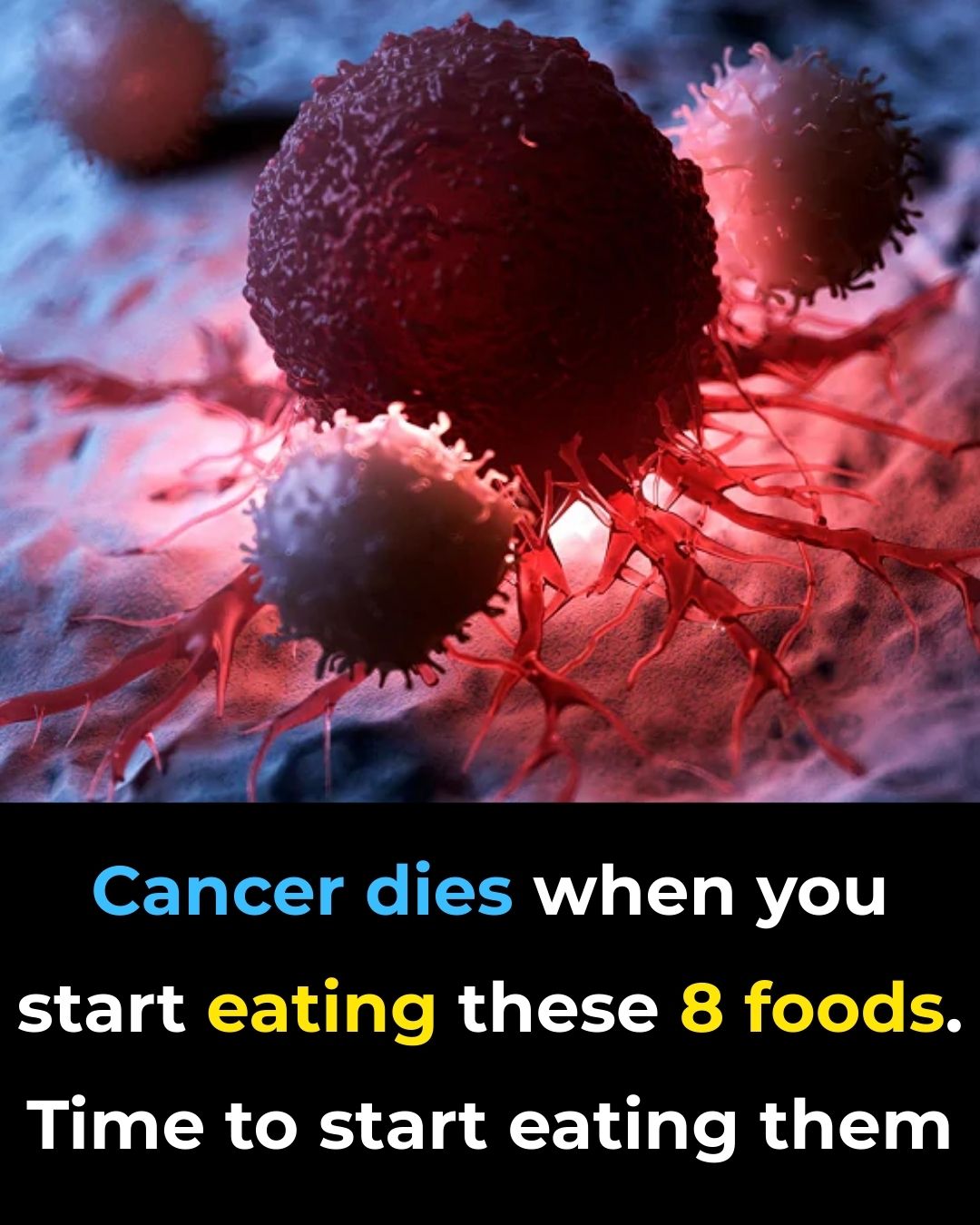4. Allium Vegetables

Allium vegetables include onions, shallots, leeks, and garlic. While studies of these vegetables’ effect on cancer have been observational, scientists around the world have consistently found a link between eating garlic and onions and preventing cancers of the gut, like colon cancer [13]. In fact, a 2019 study of over 1600 Chinese men and women found that those who ate more garlic and onions had a 79 percent lower chance of developing colorectal cancer [14].
5. Wakame

There have been some animal and lab studies to suggest that eating wakame, an edible type of seaweed, can suppress the growth of breast cancer, colon cancer, and kidney cancer cells [15,16]. The success of these studies has not yet been replicated in humans, so more research is necessary to determine the exact role that wakame plays in cancer prevention.
Wakame is also an excellent source of iodine, an essential mineral. When it comes to iodine and disease prevention, studies have shown that either too much or too little can have an effect when it comes to reducing your risk of thyroid cancer [22]. So in this case your goal should be to obtain adequate iodine from your diet. Wakame on average contains around 42mcg [23] of iodine per serving, which is about 28% of your daily intake [24].
6. Lycopene-Rich Foods

There is a growing body of research to suggest that consuming foods rich in lycopene can lower your risk for certain types of cancer, particularly prostate cancer [17]. Lycopenes are a type of antioxidant in the carotenoid family that gives tomatoes, watermelons, and grapefruits their red and pink colors. As a whole, carotenoids have been associated with a lower risk of lung and colorectal cancer [18]. Tomatoes*, guava, watermelon, papaya, grapefruit, and cooked red peppers are all good sources of lycopene.
*Note: Lycopene is actually more concentrated in processed tomato products like sauces, and pastes, and is not degraded by the cooking.
7. Beta Carotene-Rich Foods

Dietary carotenoids* have been linked to a lower risk of developing lung cancer, however, more research needs to be done to determine the effect of consuming beta-carotene through food on cancer prevention [18]. Carrots, sweet potatoes, and dark leafy greens like kale and spinach are excellent sources of beta-carotene.
*Note: Supplemental beta-carotene has not shown the same effect. In fact, it may increase cancer risk [18]. It’s always best to get your beta-carotene from foods.
8. Fatty Fish

There is some research to suggest that including a few servings of fatty fish, such as albacore tuna, salmon, Atlantic herring, mussels, anchovies, and sardines every week can reduce your risk for developing certain cancers. This is likely because of their high vitamin D and Omega-3 fatty acid content, both of which are believed to reduce the risk of disease, including cancer [19,20].
CONTINUE READING ON THE NEXT PAGE 🥰💕

